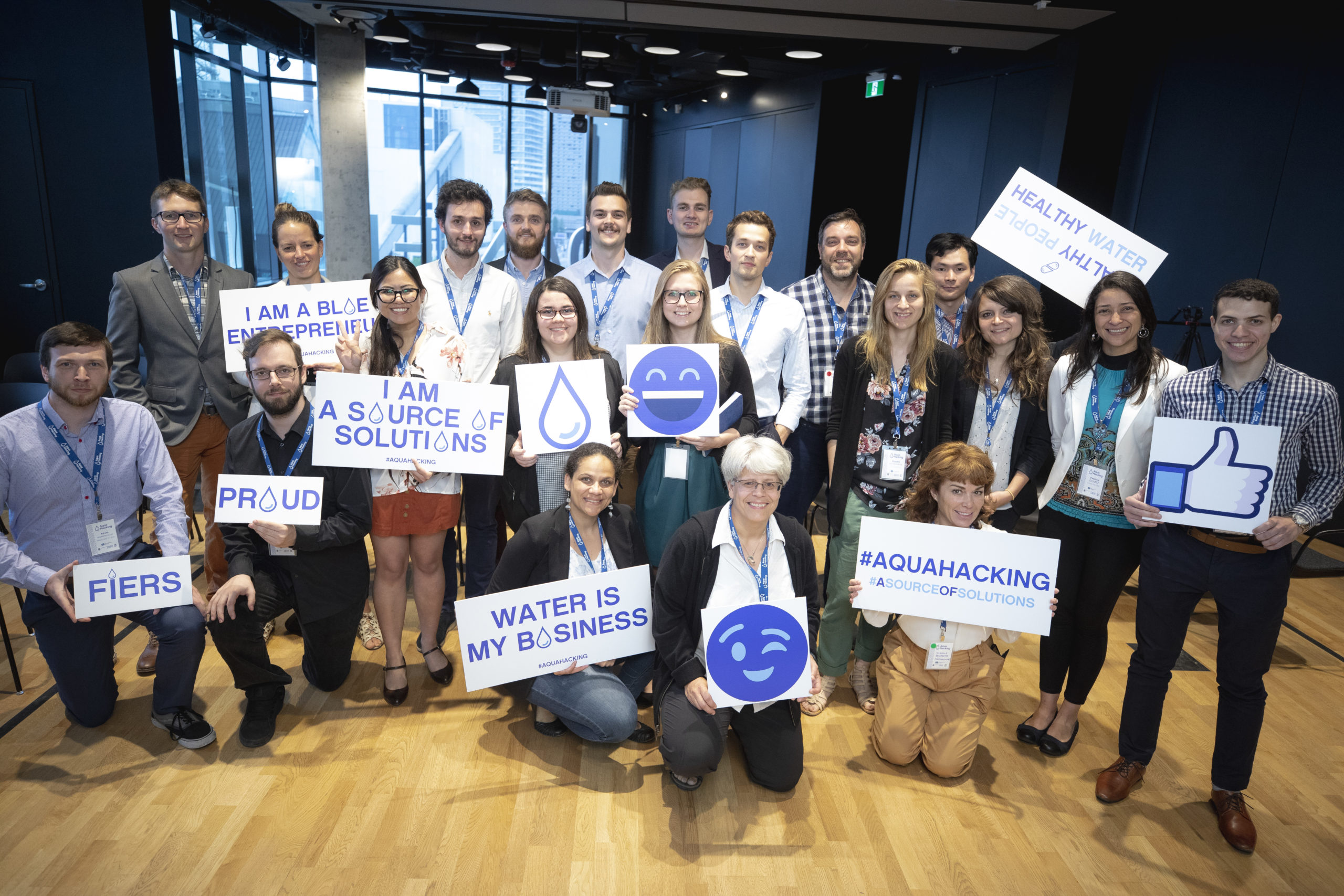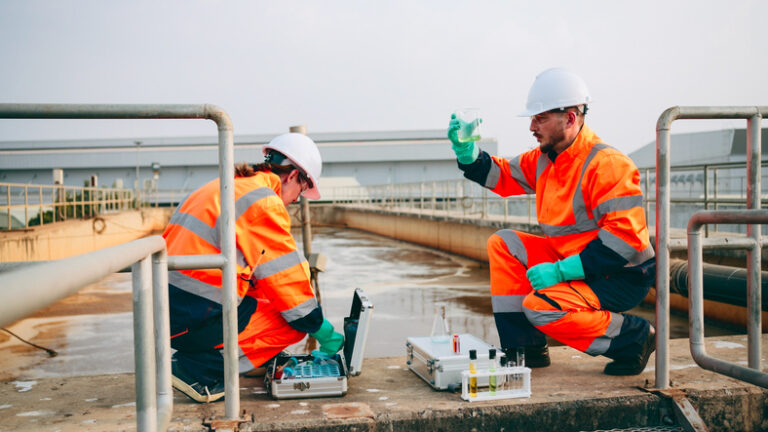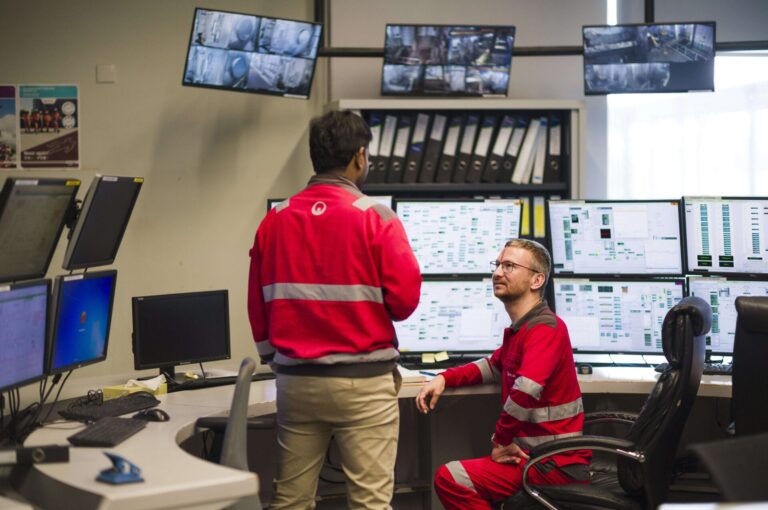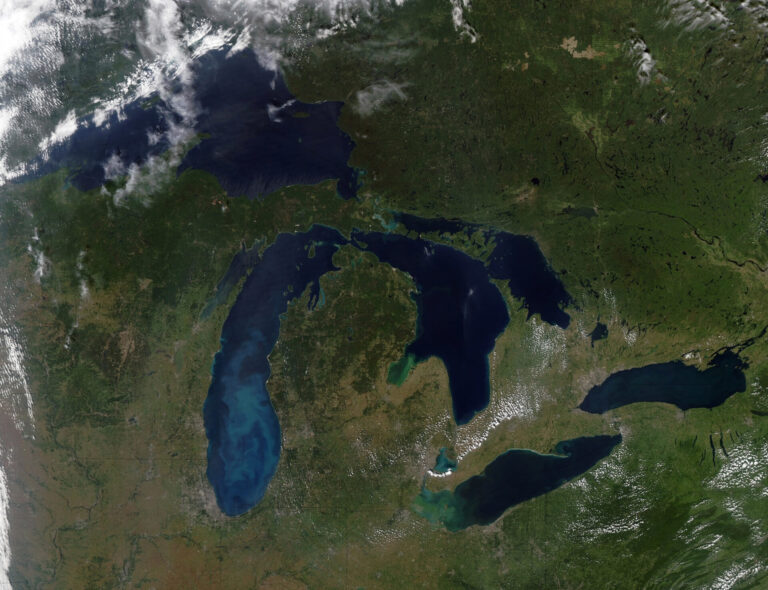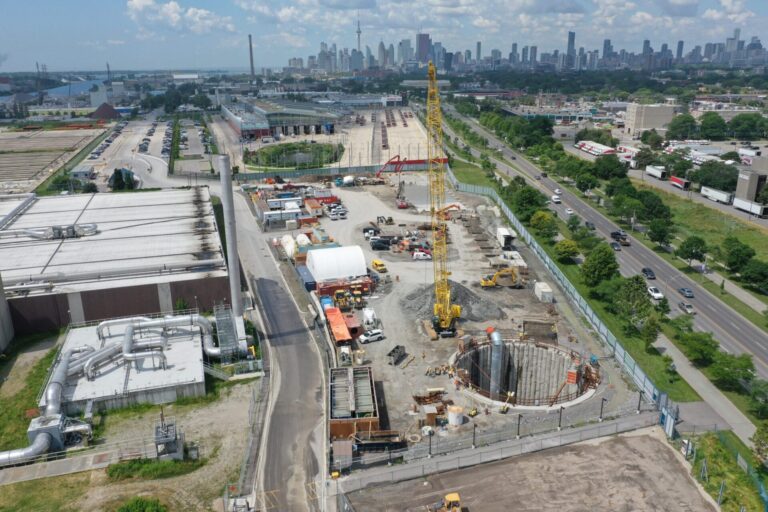In the five years since the launch of the AquaHacking Challenge, remarkable shifts in the tech-engagement and water sector landscapes have taken place. Before, the gap between environmental non-governmental organizations (eNGOs), public utility companies, and the tech innovation sector seemed vast. Now, there is growing recognition of the great potential that young innovative minds and tech talent can bring to the water sector.
The AquaHacking Challenge is the flagship program of the Montreal-based non-profit organization Aqua Forum, established by the de Gaspé Beaubien Foundation. The freshwater focused tech challenge includes mentorship and leadership development opportunities for university students and young professionals on their entrepreneurial journey towards establishing clean tech start-ups.
The AquaHacking Challenge focused on the Great Lakes and St. Lawrence River Basin when it was launched in 2015. Since then, the AquaHacking Challenge has helped establish 17 youth-led water tech start-ups, create 30 jobs in the water sector, and made over 1,500 tech savvy youth more water-aware. The AquaHacking Challenge has also helped partner eNGOS become more open to engaging tech talent and the innovation sector.
Thanks to its successes, the AquaHacking Challenge is now a national program and is being delivered in British Columbia, Lake Winnipeg, and Atlantic Canada.
Innovative technology in the water sector
In 2015, AquaHacking was at the forefront of hosting tech challenges for environmental outcomes. Today, the landscape is more active with numerous tech competitions and hackathons for both social and environmental objectives. Technological solutions are increasingly finding traction as we continue to seek ways to monitor, conserve, restore, and make more sustainable decisions about our precious water resources.
AquaHacking participants are developing solutions that integrate emerging technologies such as artificial intelligence, big data analytics, GIS, model simulation, and more with new types of technology being applied with each edition of the Challenge. For example, the young start-ups Clean Nature and CANN Forecast, both AquaHacking winners, offer artificial intelligence model simulations to municipalities to inform decision-making related to road salt application efficiency and recreational water quality, respectively.
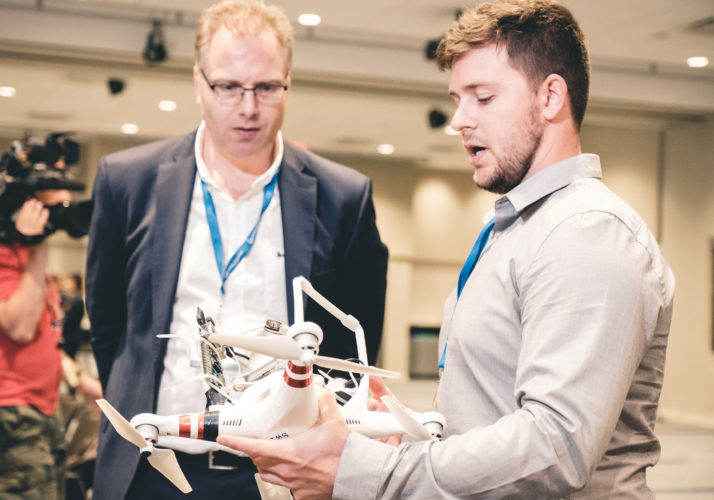
Water Rangers, winner of AquaHacking 2015, focuses on filling gaps in water quality data by dispatching hundreds of water testing kits to citizen scientists, schools, and water stewardship organisations to collect samples and record results in an interactive online application. Through AquaHacking, we see innovative tools and applications being developed to address critical water challenges and having remarkable benefits in water management optimization, effective resource allocation, increased treatment efficiency, active public engagement, and more.
“Initiatives like the AquaHacking Challenge increase the potential to address complex water issues in impactful and positive ways,” said Anna Warwick Sears, executive director of the Okanagan Basin Water Board and implementation partner for the 2020 British Columbia AquaHacking Challenge. “It is a fantastic model for testing ideas and driving real innovation.”
The majority of Canadian water and wastewater services are publicly provided by municipal governments. As such, many of the start-ups established through AquaHacking turn to local government water service departments and utilities as their first client for solution implementation. This is a hard market for fledgling entrepreneurs. There are numerous barriers to entry for early innovation adoption within the municipal setting. AquaHacking is working to better understand the entry points to better access this market and provide AquaHacking teams with the needed support for their success.
Breaking silos with demand-driven innovation
While the Challenge has evolved considerably over the past five years, two elements have remained central to its impact and increased traction. The first is the intentional close collaboration with water experts to define the issues brought to the Challenges. The second element is the deliberate recruitment of a diverse talent pool of students.
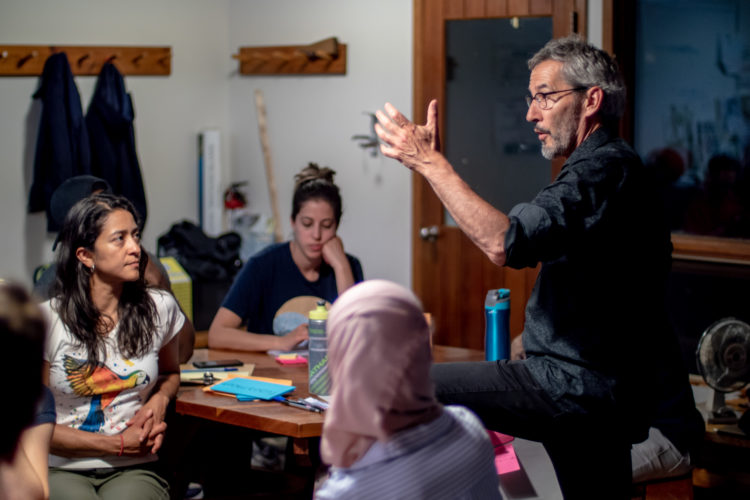
When tackling complex issues related to water, it takes multiple perspectives and skills to ensure solution-fit, feasibility, and marketability. Successful AquaHacking teams include students from various fields such as environmental studies, computer engineering, chemistry, biology, business, mathematics, software development, communications, and more. In turn, students receive mentorship from experts representing diverse fields.
It is through these collaborative dialogues and efforts that important learning takes place. Municipal water utilities, eNGOs, and water leaders become aware of the benefits of working with young tech and entrepreneurial talent, and next generation innovators appreciate the reality into which they are applying their technical ideas. It’s a win-win situation resulting in applied innovation for positive water impacts.
“What makes AquaHacking special to me is the fact that the issues these young innovators are solving are championed by leaders from across the water sector—including eNGOs, municipalities and water organizations—and are designed for impact,” said Bernadette Conant, chief executive officer of the Canadian Water Network, who served as a judge in the AquaHacking Challenge Final in 2018.
This year, the Challenge has scaled across the country in partnership with regional host organizations the Okanagan Basin Water Board (Kelowna, B.C.), International Institute of Sustainable Development (Winnipeg, Man.), and Atlantic Water Network (Halifax, N.S.). Each regional host recognises the need to cultivate relationships with their local tech, innovation, and business sectors and to work collaboratively across these fields. AquaHacking is a catalyst for this change in bringing these sectors to the table around water.
Adapting the AquaHacking Challenge to the new COVID-19 reality
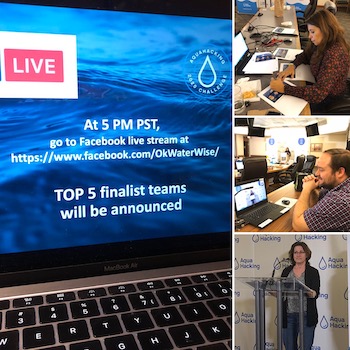
The AquaHacking Challenge traditionally includes in-person events, networking opportunities, and on-the-water experiences for participants. In respecting the Health Canada advisories to the COVID-19 outbreak, the AquaHacking Challenge is leveraging its tech-agility and transitioning all activities to a digital platform for the remainder of 2020 programming.
As we keep a close eye on the evolving situation with COVID-19, the AquaHacking team also maintains its sights on freshwater as a critical issue for Canada and the world. We will continue to engage the ingenuity and entrepreneurial drive of talented young Canadians, who are hard-wired for experimentation and innovation, and demonstrate the value of technology-based solutions for environmental impact. We aim to get through the current situation with a sense of hope for the future and emerge stronger, more resilient and even more committed to our goals of improved freshwater health in Canada.
Building an ecosystem of action-oriented, solutions-minded young Canadian water innovators
Through AquaHacking, we have noticed something very inspiring: the incredible energy and optimism that those involved in the Challenge have for the potential of change—be they students, expert mentors, professional coaches, academic partners, or corporate sponsors. The Challenge format is unique in its ability to gather these solutions-minded, problem-solving individuals from different areas of expertise, with a shared passion for water issues. These individuals see challenges as puzzles to solve, not as overwhelming barriers to action. We are keen to galvanise this energy and build on five years of momentum by establishing the AquaHacking Alumni Network to continue to nurture and serve all the young innovators that participate in the Challenge. They are the future of water.
AquaHacking has experienced lots of growth over the past five years and, like any entrepreneurial organization, will continue to learn, reflect, grow, and evolve in the years to come.
This article was originally written by Melissa Dick and Kariann Aarup for the May/June 2020 issue of Water Canada. The full issue is available here.
Header Image Credit: AquaHacking.

